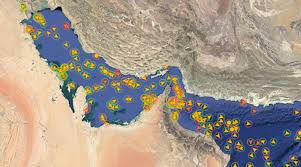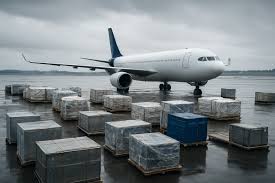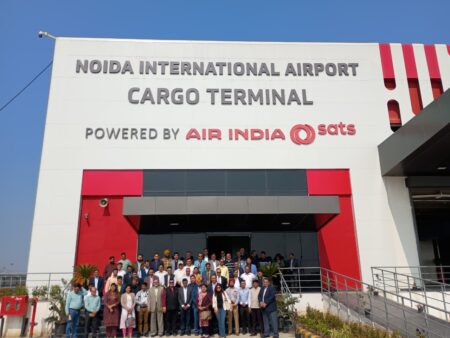
As per Videh, Delhi Airport’s two cargo terminals have a capacity of 1.8 million MT per annum, expandable to 2.3 million MT. Post-Covid recovery, it handled around 0.9 million MT of cargo in FY2023, with international cargo contributing 65percent and domestic cargo 35percent.
Efficiency enhancements
Delhi Airport has made significant strides in enhancing efficiency and streamlining cargo operations through various initiatives. A notable achievement was the inauguration of the fourth runway and Eastern Cross Taxiway on July 14 by the Union Minister of Civil Aviation, Jyotiradiya Scindia. With this, Delhi Airport becomes India’s only airport with four runways and one of the few in the world with a dual elevated taxiway.
Infrastructure upgrades have been key to the airport’s development, including projects like the Airport Cargo Logistic Centre (ACLC III) and the Public Amenities Centre (PAC). These upgrades not only boost air cargo capacity and efficiency but also elevate India’s aviation infrastructure, contributing significantly to the nation-building process and economic growth.
To cater to the demands of various industries, including logistics, freight forwarding, e-commerce, and critical or secured cargo, ACLC III, the first-ever bonded facility at IGI Airport, was commissioned in February 23.
Delhi Airport’s commitment to meeting the needs of the cargo community is exemplified by ongoing projects and continuous efforts to enhance the customer experience. Measures to ensure efficient cargo movement include reducing dwell time in exports by approximately 50 percent over the last two years through regular process analysis and corrective actions. Policy advocacy efforts involve engaging with regulatory bodies to expedite cargo clearance, and knowledge sharing sessions keep stakeholders updated on regulatory requirements.
Through regular interactions with stakeholders and benchmarking with other airports, Delhi Airport strives to adopt best practices and maintain its position as one of the busiest and most efficient cargo airports in the region.
Cargo security
Delhi Airport prioritises cargo security with the latest dual-view screening machines and Explosive vapour Detectors. Regulatory guidelines issued by BCAS are strictly adhered to, and the airport is an AEO-certified cargo terminal operator. Senior Customs Officials monitor live warehouse operations, while security gadgets are deployed throughout the terminal. Ample cameras ensure proper control and surveillance. Customs is available round the clock, and the airport boasts the highest number of PGAs for efficient clearance of specialised cargo. Embracing digitization, all acceptances and clearances are done electronically, ensuring the integrity and security of the cargo clearance process.
Green Initiatives
Delhi Airport has taken multiple sustainable initiatives at the Cargo Terminal, addressing both operational and infrastructural activities. The airport maintains a strong focus on green initiatives, implementing various measures to reduce carbon emissions, particularly in cargo handling processes. Cargo Terminal Operators (CTOs) also contribute to green efforts by utilising battery-operated handling equipment. Moreover, the implementation of the four runways with dual Elevated Cross Taxiways (ECT) significantly decreases carbon emissions, supporting DIAL’s ambition of becoming a “Net Zero Carbon Emission Airport by 2030.” The ECT alone is projected to reduce around 55,000 tonnes of CO2 emissions annually, equivalent to planting approximately 1.5 million trees.
Trade collaboration
Delhi Airport fosters strong stakeholder engagement by actively involving the air cargo community through associations and communities. Collaborating with various stakeholders, the airport addresses concerns with regulatory agencies, driving improvements in the Air Cargo Supply Chain. The successful organisation of the Cargo Stakeholder Summit SAMAVAYA-2023 on May 24th exemplifies their commitment to trade facilitation.
Delhi Airport has taken multiple sustainable initiatives at the Cargo Terminal, addressing both operational and infrastructural activities











